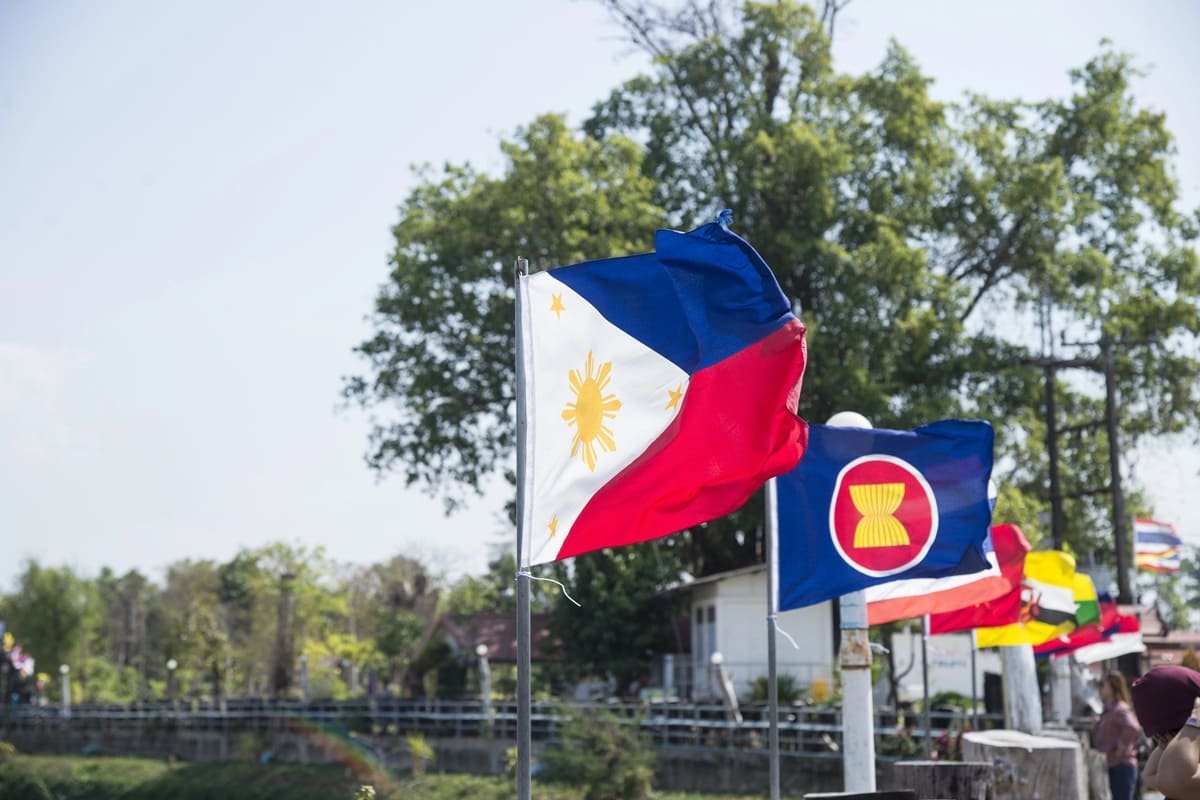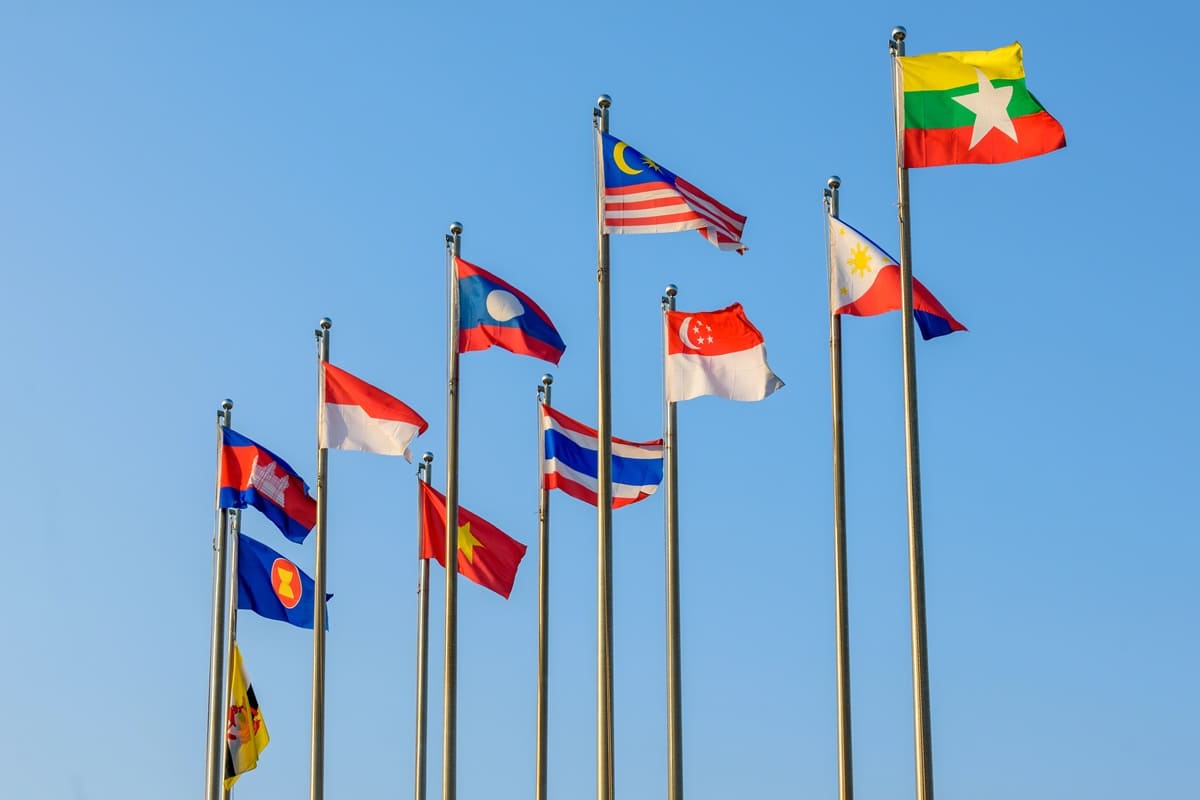The Philippines has reaffirmed its commitment to the creation of a unified visa for travelers in the Association of Southeast Asian Nations (ASEAN). This initiative, relaunched in 2024 by Thailand, could transform regional mobility and enhance the tourist appeal of Southeast Asia if it is successful.
Philippine Secretary of Tourism Christina Frasco reiterated Manila’s long-standing support for the creation of a regional visa modeled on the Schengen model in Europe.
“As early as the very first ASEAN meeting that I attended as Tourism Secretary, I expressed the Philippines’ desire to benefit from a unified ASEAN visa,” she said today at a press briefing in Makati City.
This common visa would facilitate travel for foreign tourists by allowing them to visit Brunei, Cambodia, Indonesia, Laos, Malaysia, Myanmar, the Philippines, Singapore, Thailand, and Vietnam with a single travel document.
ASEAN: towards an “Asian Schengen” visa?
While the Philippines is showing enthusiasm, the secretary reminded that the implementation of such a project depends on discussions between member states.
“This is entirely up to the agreements of the nations. We maintain our stance in terms of desiring an ASEAN visa without compromising national security,” she said. The issue of harmonizing border controls and migration policies will remain a key point in the negotiations.
Last May, the Philippine tourism minister had already expressed the country’s interest in this joint visa project. “The ASEAN slogan is ‘One destination, one dream,’ and the ASEAN visa is certainly part of that dream. It unifies ASEAN as a tourist destination thanks to its wealth of natural assets, the incomparable warmth and hospitality of its people, and its culture,” Christina Frasco said at the time.
This communication about the common visa coincides with the Philippines’ preparations for its ASEAN chairmanship in 2026. For Manila, this event is a major opportunity to promote its destinations and develop regional tourism. The ASEAN Tourism Forum will be held in the Philippines at the end of January 2026, marking the start of the first official meetings under the Philippine chairmanship.
While the idea of an “Asian Schengen” has yet to materialize, several ASEAN countries have already expressed interest in such a scheme.
ASEAN’s ambitions for a unfied will visa face administrative and geopolitical obstacles
In January 2025, Malaysian Foreign Minister Mohamad Hasan said that the unified visa project was in line with the concept of integration and unity highlighted in this year’s theme, which envisages all member countries working together to collectively stimulate economic growth.
“Many people visit Malaysia and then want to go to Singapore or Thailand, or they come to Malaysia from Thailand. But there are several restrictions, mainly related to administrative issues. We need to address this issue collectively to ensure that tourists entering Malaysia can travel freely to other ASEAN countries without restrictions,” the minister explained.
Last May, Chheang Vannarith, Deputy Secretary General of the National Assembly of Cambodia, stressed that the introduction of a common visa could particularly benefit the less visited countries in the region.
“Smaller markets such as Cambodia can benefit from the positive spillover effects of major hubs such as Thailand and Malaysia, thereby encouraging longer stays and higher local spending,” he said.
But despite its tourism potential, the ASEAN unified visa project will have to overcome many diplomatic hurdles…
Differences between member states on migration and security policies will undoubtedly complicate negotiations. The recent situation between Cambodia and Thailand, marked by bilateral tensions, illustrates how difficult it can be to reach a consensus among ten countries. These frictions could slow down the adoption of a common visa, even if the general political will remains strong.



